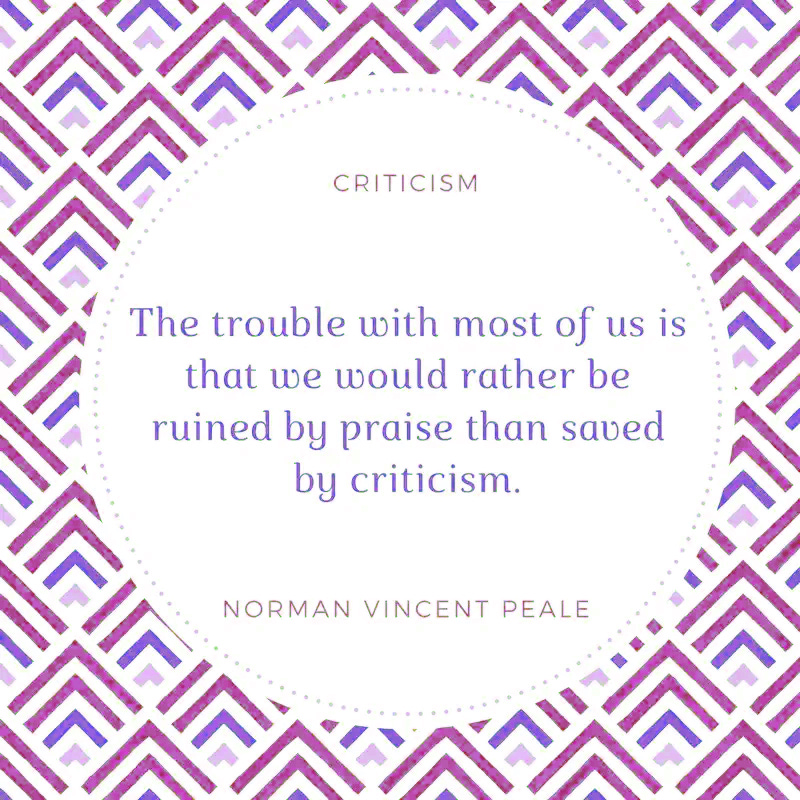I often draw connections between teaching and coaching, mainly because I believe in the transformative power of both crafts and see them as two colors on the same palette. Teachers coach and coaches teach, no way around it.
Interestingly, though, of the two, only one receives full license to criticize. Coaches can be stern, unyielding, and tyrannical in pursuit of performance. Teachers, on the other hand, are usually expected to be empathic, patient, and gentle in issuing corrective instruction. A coach can make you run laps for even minor infractions; if you balk, no problem–you’re off the team. Good luck levying that threat in the classroom!
As private tutors, we get to paint with all the colors as we teach and coach our pupils to their closest approximations of greatness. Most of us still deliver more warm acceptance than tough love, which is on brand for the type of emotionally mature adult that chooses to work in our field. That said, sometimes tough love is called for.
Norman Vincent Peale observed that “most of us would rather be ruined by praise than saved by criticism.” I find that sentiment patently untrue in any student committed to high achievement. The path to real progress is never easy, but those who have tasted victory often prove willing to endure hardships to savor its sweetness again. While hours of homework or an early morning practice test might not sound as painful as running five miles a day or practicing chords until your fingers bleed, everyone has their own idea of torture.
So, without delving into strategies for delivering effective criticism, I’m still going to promote the practice and invite some introspection. Is there at least one student on your current roster who might be in danger of being ruined by praise?
Have you been holding necessary criticism for fear of bruising or discouraging someone?
Do you try your hardest to find the smallest spark of achievement to fan while ignoring a conflagration of errors?
Are you more invested in cultivating a safe space than an indomitable dojo?
I’m not saying that everyone should find a perfectly good student to harangue this week. Instead, I’m asking you to consider whether any of your students might need to be harangued to move closer to good or, better yet, great.
You may have heard that nobody likes a critic, but everyone loves results. Don’t ruin your students with praise if they require something more.
Tips, Tools, And Thoughts
Hearing ‘bad grammar’ results in physical signs of stress – new study reveals
Language errors are literally cringe.
If You Commit to Nothing, You'll Be Distracted By Everything
How committed are you to your goals? Hopefully not quite this committed!
How a brand of chalk achieved cult status among mathematicians
Have you ever worked with the Rolls Royce of chalk? Apparently, it ruins you for the rest.
Rigorous thinking: No lazy thinking
You may teach rigorous thinking to your students, but do you apply it in your practice?
Can linguists distinguish between ChatGPT/AI and human writing?: A study of research ethics and academic publishing
The answer may worry you.
Have you been thinking about curriculum?
I certainly have! Not only have I been neck-deep in development of TestBright’s thrilling new dSAT curriculum, but I’ve also been engaged in an energizing collaboration with Mike McGibbon to design a special student piece and Teacher’s Guide to facilitate effective Mathchops onboarding.
That means you don’t have to think about these matters. All you need to do is see what we’ve been cooking up. The first curriculum discovery meetings are basically NOW, as in November 9 and 13. Luckily, it’s not too late to register:
Mathchops/TestBright Curriculum Discovery
Thursday, November 9 at 1:30pm EST: REGISTER HERE
TestBright SAT/ACT Curriculum Discovery
Monday, November 13 at 1:00pm EST: REGISTER HERE
Hope to see you at both!






